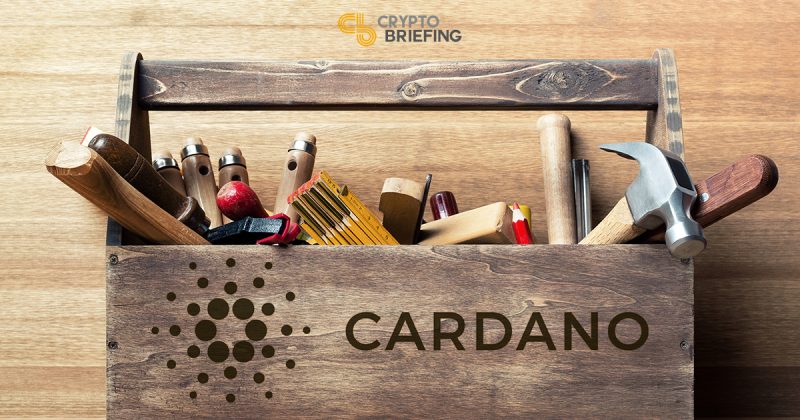
Cardano Moves Towards Next Stage of Governance with Voltaire and Catalyst
Cardano has launched one of its first governance programs with its incubation space called Catalyst.
IOHK is beginning to implement a governance system on Cardano, which will allow the community to vote on matters related to the blockchain’s development and funding.
Project Catalyst Begins
Cardano announced the first stage of Project Catalyst, the first part of its governance system, on Twitter this week:
Today, we're kicking off 'Fund 1', the first exploratory stage in our Project Catalyst governance program for #Cardano. Project Catalyst is an exciting experiment in decentralized governance @Cardano #Voltaire 1/
— Input Output (@InputOutputHK) August 12, 2020
This initial stage will allow about 50 community members to vote on proposals concerning business developments and dApp construction. In other words, it serves as an “incubation space” for various projects. This stage will take place over the next six months.
“We’ll be exploring the big picture themes of decentralized democracy, voting, and governance and how these can be made real,” IOHK explains in a separate tweet.
Fund 2, which will begin this summer, will allow participants to vote on the proposals introduced in the first stage.
Voltaire and Governance
Cardano’s Voltaire stage will work toward introducing other governance features in a broader sense.
IOHK’s website explains that the Voltaire era will allow the Cardano community to present improvement protocols to the blockchain, while also allowing ADA stakeholders to vote on the matter. The system will make use of Cardano’s staking and delegation system, meaning that coinholders will be able to vote on ideas.
Likewise, Cardano’s treasury system will allocate some transaction fees to a pool, which will be used to fund development activities. Users will be able to vote on those funding decisions through a mobile app.
The Future of Cardano
Until recently, Cardano has largely focused on Shelley—the stage of development that offers staking rewards to investors. Now that Shelley has gone live, the project has shifted its focus to other areas.
Governance is just one part of Cardano’s roadmap. Other stages include Goguen, which will introduce smart contracts and DApps—and Basho, which will improve the blockchain’s scalability and performance. Overall, Cardano aims to achieve decentralization and allow the community to engage with all of these processes.
Though Cardano has made these stages a core part of its branding, it is not entirely unique—Ethereum and Tezos have similar philosophies towards governance.
